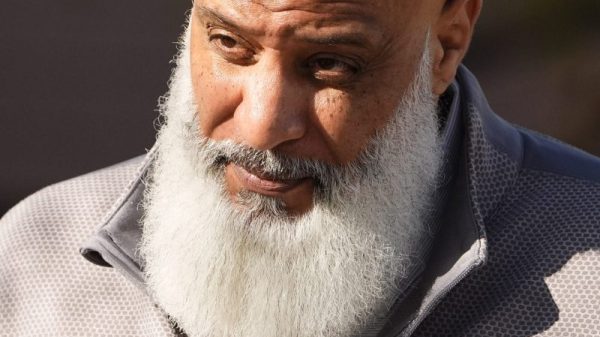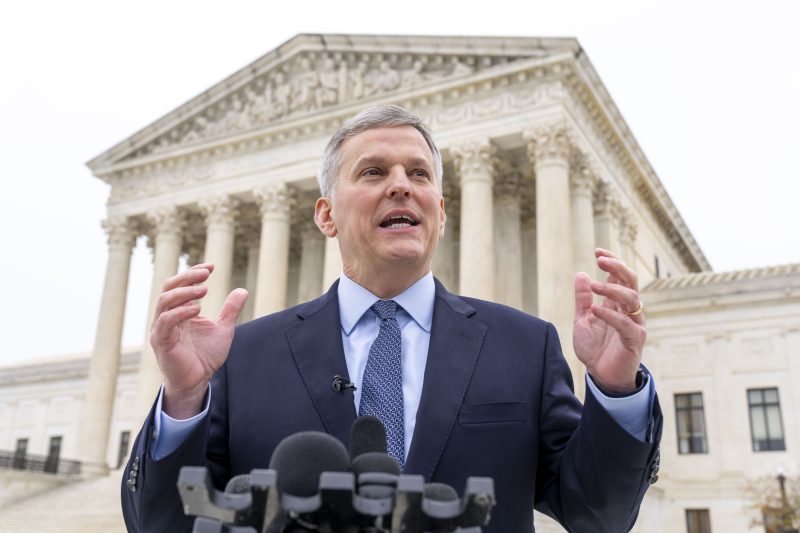North Carolina’s ban on campaign falsehoods almost certainly violates the free speech protections of the U.S. Constitution, a federal appellate court ruled Wednesday.
A state prosecutor has sought to charge North Carolina’s Attorney General, Democrat Josh Stein, with lying about his 2020 opponent’s record on testing evidence from alleged rape cases. The Republican candidate had argued that as a prosecutor he was not responsible for the rape kit backlog — police were.
Stein was accused of breaking a law from 1931 that bars “derogatory” reports on candidates for state office that the publisher either knew to be false or issued with “reckless disregard” for accuracy.
The State Board of Elections found there was too much “ambiguity” around both the facts of the campaign ad in question and the constitutionality of the law to recommend charges. But the district attorney for Wake County moved ahead with an investigation. The case was set to be heard by a grand jury before Stein asked the federal courts to intervene.
The law “is likely unconstitutional for two reasons,” the U.S. Court of Appeals for the 4th Circuit ruled, in a unanimous opinion written by President Biden appointee Toby J. Heytens: It “appears to criminalize at least some truthful statements,” if derogatory and recklessly made, and “makes impermissible content-based distinctions” by targeting only campaign-related speech.
The case is still at an early stage, which is why the court ruled only on the likelihood that Stein would succeed in proving the law violates the First Amendment. The ruling overturns a district court decision denying Stein a preliminary injunction.
But the court described the law as “facially unconstitutional” and rejected the argument that the law served a purpose in preventing electoral fraud and reinforcing faith in the system.
“The Act does not prohibit inflating a candidate’s credentials or promoting self-aggrandizing falsehoods, nor does it touch knowing falsehoods that undermine the perception of electoral integrity without referencing a particular candidate,” Heytens wrote. Instead, he wrote, the law could undermine democracy by creating “chilling effects on truthful speech during political campaigns.”



























